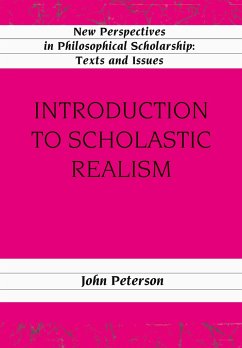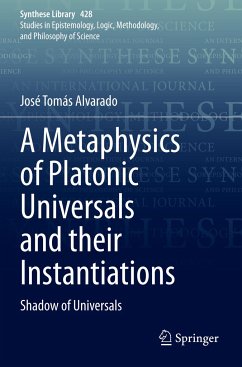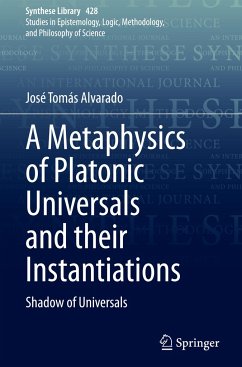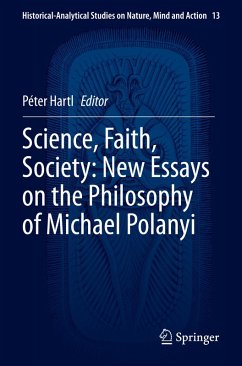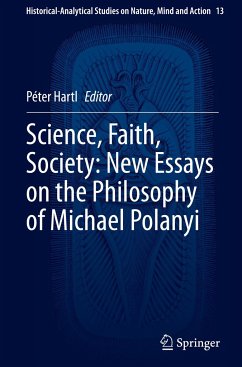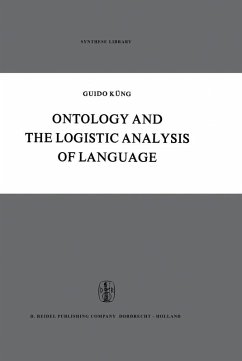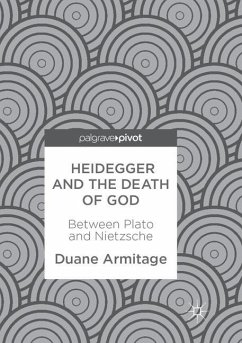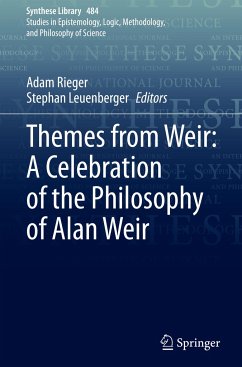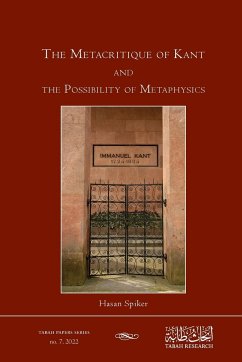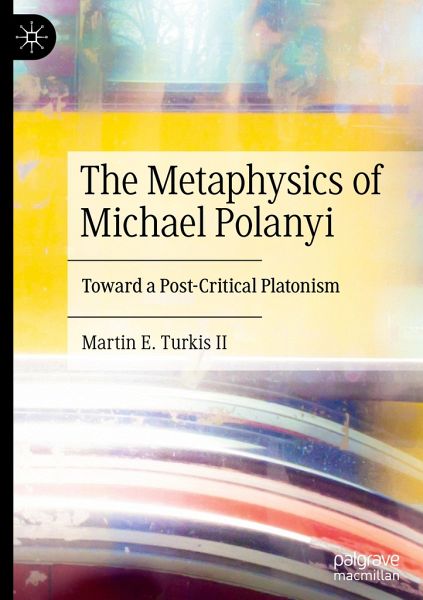
The Metaphysics of Michael Polanyi
Toward a Post-Critical Platonism
Versandkostenfrei!
Versandfertig in 6-10 Tagen
83,99 €
inkl. MwSt.
Weitere Ausgaben:

PAYBACK Punkte
42 °P sammeln!
This book tells the story of how the Platonic vision of Michael Polanyi - the Hungarian-British chemist and philosopher - bridges the gap between speculative metaphysics and scientific practice, thus making sense of the broad swathe of human experience in a phenomenologically satisfying fashion. The central proposal is that Polanyi is a Platonist due to his affirmation of the ontological status of abstract objects, with particular focus placed on the question of uninstantiated universals. The book engages contemporary, speculative realists from both continental and analytic traditions as it in...
This book tells the story of how the Platonic vision of Michael Polanyi - the Hungarian-British chemist and philosopher - bridges the gap between speculative metaphysics and scientific practice, thus making sense of the broad swathe of human experience in a phenomenologically satisfying fashion. The central proposal is that Polanyi is a Platonist due to his affirmation of the ontological status of abstract objects, with particular focus placed on the question of uninstantiated universals. The book engages contemporary, speculative realists from both continental and analytic traditions as it introduces Polanyi's influential epistemology and unpacks the fascinating metaphysics implied thereby. It then proceeds to develop Polanyi's rather unsystematic metaphysics into a coherent, post-critical Platonism which incorporates his well-known theory of tacit knowledge, thus achieving something akin to the ancient Neoplatonic synthesis of Plato and Aristotle in our contemporary, scientificcontext.






